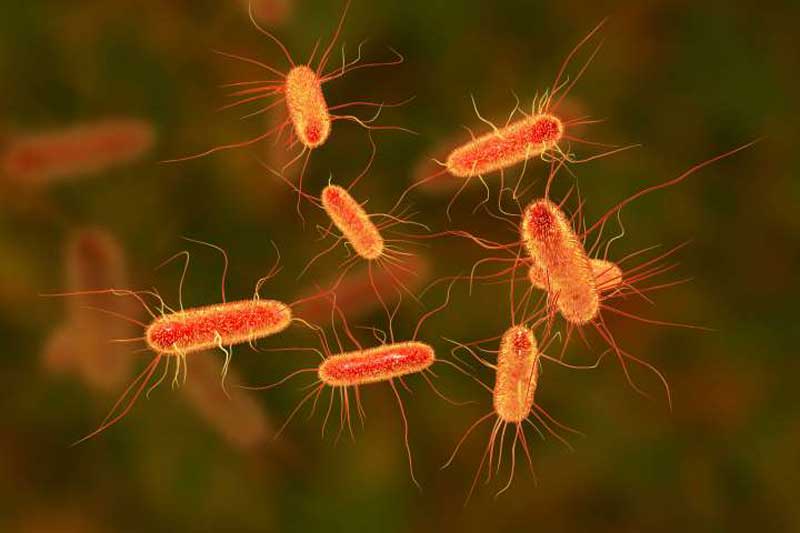Poor hand hygiene may be biggest transmitter of superbug E.coli


Outbreaks of E. coli – a potentially fatal illness – are commonly blamed on undercooked meat or raw vegetables, but when researchers did a genetic analysis of thousands of samples, they found that most E. coli infections in the UK were caused by a strain often found in the human gut and in sewage, but not seen much in the food supply.
That suggests the infection is primarily being spread as a result of human fecal particles transmitted from person to person, the study team writes in Lancet Infectious Diseases.
David M. Livermore, a medical microbiologist at the University of East Anglia, and his colleagues call E. coli a “Jekyll and Hyde organism.” E. coli mainly lives harmlessly in the guts of humans and animals, but a handful of nasty strains can cause food poisoning and bloodstream infections.
E. coli is the most common cause of bloodstream infection, or bacteremia, in England, Livermore said in a phone interview. “Over the past 15 years, E. coli has become substantially more resistant to antibiotics and harder to treat,” he added.
Researchers have known that superbug E. coli strains circulate in humans and food animals like chickens. But it was unclear if the bloodstream infections they cause are picked up from the food chain or passed between people.
To find out, the researchers performed genome sequencing on samples collected in 2013 and 2014 from people, animals and sewage in five areas: London, East Anglia, Northwest England, Scotland and Wales.
The samples they compared came from human bloodstream infections, human feces, animal slurry, as well as foods like beef, pork, chicken, fruits and vegetables.
DNA sequencing showed that antibiotic-resistant E. coli were often seen in sewage and on retail chicken meat, but rarely on other meats and never on plant-based foods.
In addition, samples of a particular antibiotic-resistant strain of E. coli called ST131 collected from human blood, feces and sewage all matched each other – but they didn’t match strains in chicken, cattle and animal slurry.
“It tells us the problem in humans is the circulation of human-adapted, resistant E. coli and not infections coming down the food chain. At least, in this particular case,” Livermore explained.
“I would say one caveat was (our) study relates to the here and now,” Livermore said. “Resistant E. coli in the future could be food chain-related.”
“It is important to practice good food safety practices, but the study demonstrates good hand hygiene to prevent transmission is by far the most important,” said Dr. Tamar Barlam, chief of infectious diseases and director of the Antimicrobial Stewardship Program at Boston Medical Center, who wasn’t involved in the study.
Both Livermore and Barlam noted that careful hygiene is especially important in homes for the elderly, as most of the severe E. coli urinary tract infections and bacteremias occur in those settings. “Nursing facilities serve as reservoirs for antibiotic-resistant bacteria, and their residents may need help with hygiene while using the toilet or may have urinary catheters,” Barlam said.
Recent Posts
- Pakistan
IHC issues show-cause notices to immigration DG, NAB director in contempt case
The Islamabad High Court (IHC) has issued show-cause notices to the Director General of Immigration…
- Business
Dollar steady as markets await key U.S. jobs and economic data
The U.S. dollar held firm on Monday as traders paused ahead of crucial economic data…
- Business
IBM to invest $150 billion in U.S. to boost quantum computing
IBM has announced a $150 billion investment in the United States over the next five…
- Pakistan
Khawaja Asif vows strong response to any Indian aggression
Defence Minister Khawaja Asif warned that Pakistan will give a decisive response if India attempts…
- Pakistan
40 injured in oil truck explosion at Nushki terminal
At least 40 people were injured when an oil-filled truck exploded near the truck terminal…
- Op-Ed
Power: Tangible and Intangible Forces
The highest quality of the power comes from the application of the knowledge. In international…
Leave a Comment